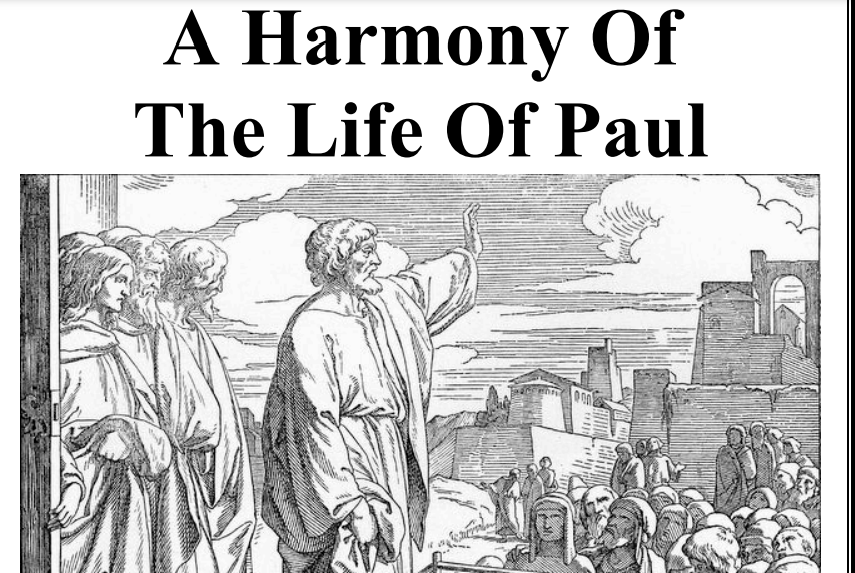“Assata: An Autobiography” is a deeply emotional and fearless book written by Assata Shakur, a revolutionary woman who became a symbol of courage, resistance, and justice in America. Published in 1987, this autobiography narrates her journey from childhood to her life as a political activist. Through her story, we discover the harsh truth of racism, oppression, and political struggle in the United States during the 1960s and 1970s.
Early Life and Childhood
Assata Shakur was born as Joanne Chesimard in New York City in 1947. From a young age, she experienced both the North and the South of America, dividing her childhood between New York and Wilmington, North Carolina. These two worlds shaped her understanding of how racism worked differently but deeply everywhere.
As a curious and outspoken girl, Assata often questioned the system. She noticed how Black people were treated unfairly, while their culture and history were ignored in schools. As a result, she began developing a strong sense of awareness and resistance. Even as a teenager, she wanted to fight for a world where everyone could live with dignity and equality.
Her Involvement with the Black Panther Party
As she entered adulthood, Assata joined the Black Panther Party (BPP) — a revolutionary group that believed in equality, community service, and self-defense. It was a time when the Civil Rights Movement was at its peak, and Black Americans were demanding their basic rights.
Assata admired Malcolm X, whose ideas about Black pride and resistance deeply influenced her. In the Black Panther Party, she worked for community programs like free education, breakfast for children, and health initiatives. Moreover, she became a powerful voice spreading awareness about empowerment and justice.
However, her growing influence attracted the attention of the U.S. government. Through COINTELPRO, an FBI program meant to weaken revolutionary movements, the government started targeting Black activists like Assata. This period marked the beginning of years of state surveillance and harassment against her and many others.
The Struggle and the Arrest
After leaving the Panthers, Assata joined the Black Liberation Army (BLA), which took a stronger stance against injustice. In 1973, a tragic event on the New Jersey Turnpike changed her life forever. A confrontation between members of the BLA and the police ended in gunfire. During this shootout, one state trooper and one of Assata’s comrades were killed, and she was seriously wounded and arrested.
Authorities accused her of murder and several other crimes, though she denied them all. Her trial soon became a national issue, representing the deep racial divide in America. Many people believed she was being punished not for her actions, but for her beliefs. Despite weak evidence, she was found guilty and sentenced to life imprisonment.
Life in Prison
Assata’s years in prison were filled with pain, isolation, and injustice. She faced racist abuse, inhuman conditions, and psychological torture, yet she never gave up hope. Her autobiography vividly describes the brutality of the U.S. prison system, especially toward Black and poor inmates.
In those dark times, Assata found strength through reading, writing, and deep reflection. She began documenting her thoughts and memories, which later became part of this powerful book. Furthermore, she also wrote poetry — some of which appear in the book — expressing her fears, strength, and faith in freedom.
Her words remind us that even behind bars, the human spirit can remain unbroken.
The Great Escape and Exile
In 1979, after years of imprisonment, Assata made one of the most daring escapes in American history. With help from her comrades in the Black Liberation Army, she broke free from prison. Later, she found her way to Cuba, where she was granted political asylum.
In Cuba, Assata finally found peace and freedom. She rebuilt her life, became a teacher, and continued to advocate for justice and human rights. Even though the U.S. government still considers her a fugitive, many across the world see her as a symbol of revolutionary resistance.
Themes and Message of the Book
“Assata: An Autobiography” is not just the story of one woman — it is a mirror reflecting the broader struggle of Black Americans against systemic injustice. The book speaks boldly about racism, gender inequality, oppression, and the power of resilience.
Some of its key themes include:
-
Racism and Police Brutality: Assata exposes how the American justice system discriminates against Black people and uses power to silence them.
-
Feminism and Womanhood: She explains how being a Black woman meant facing both racial and gender discrimination, yet she stayed strong.
-
Freedom and Revolution: Assata believes true freedom comes only through courage, sacrifice, and collective struggle.
-
Identity and Self-Awareness: Through her pain and survival, she discovers her real identity — a woman, a fighter, and a revolutionary symbol.
Therefore, the book becomes both personal and political — a combination that makes it powerful and timeless.
Writing Style and Tone
Assata Shakur’s writing is emotional, poetic, and deeply human. Her tone shifts between anger, pain, hope, and love — making readers feel every word she writes. She blends storytelling with reflection, creating a narrative that feels intimate and real.
In addition, her poems add beauty and depth to the book. They express her inner world — her thoughts, fears, and dreams — giving readers a closer look into her soul. Her simple and honest language makes the story relatable to everyone, not just scholars or activists.
Legacy and Impact
Even after decades, “Assata: An Autobiography” continues to inspire readers around the world. It stands as one of the most important books about race, feminism, and resistance. Activists, writers, and students still quote her words as a reminder that the fight for justice is far from over.
Assata Shakur’s life has become a symbol of strength and rebellion. Her courage encourages new generations to question authority and demand equality. As a result, her story is no longer just history — it is a movement.
Conclusion
In conclusion, “Assata: An Autobiography” is a moving, powerful, and unforgettable story of one woman’s fight for justice and freedom. It teaches readers about the meaning of courage and the importance of truth. Assata Shakur’s journey is not only about survival but also about transformation — from pain to power, from imprisonment to liberation.
For anyone who wants to understand Black history, women’s strength, or revolutionary spirit, this book is a must-read. It reminds us that even when the world tries to silence you, your voice can still echo with truth, hope, and freedom.









